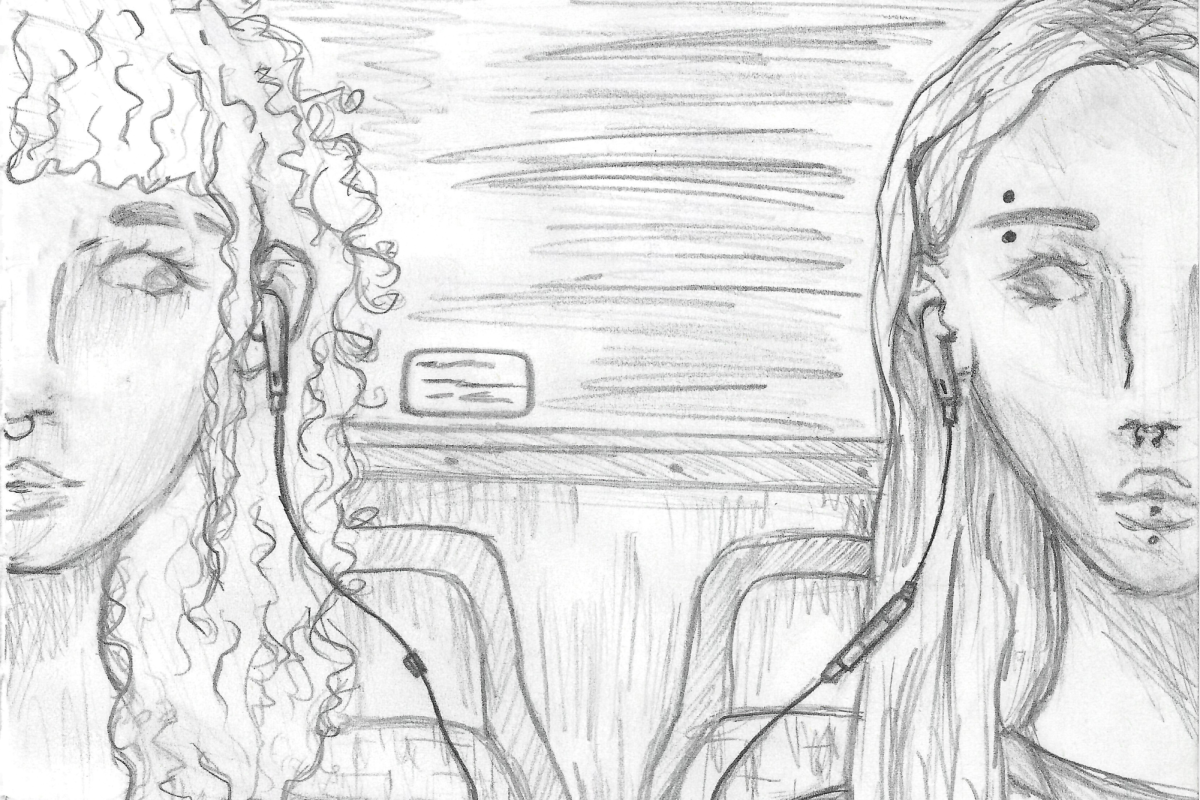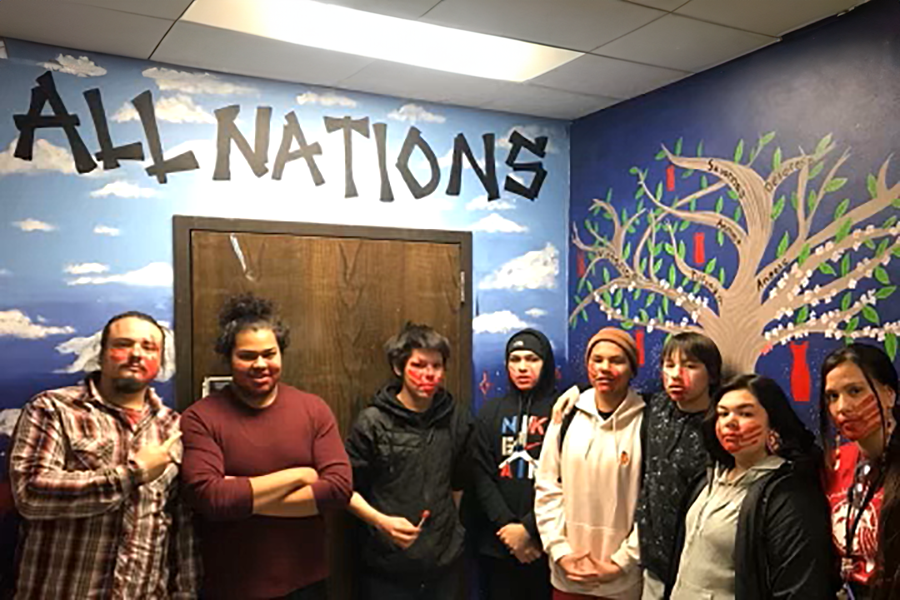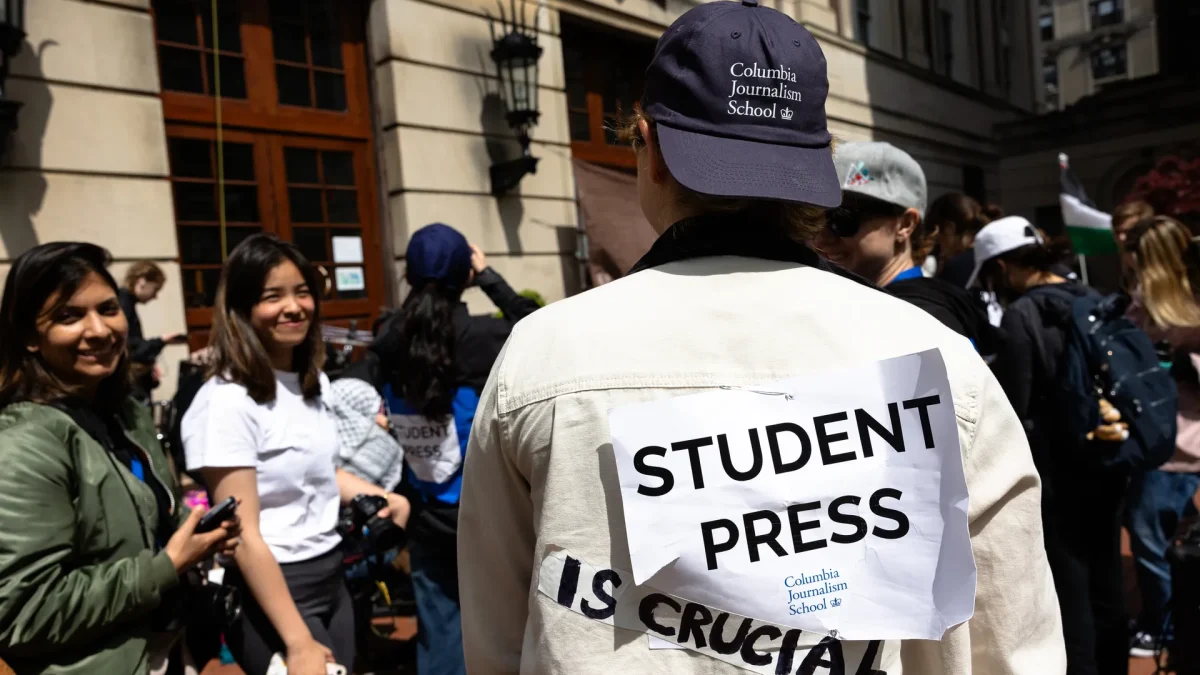Every day, in every class, I see students buying, drinking out of, and throwing away plastic water bottles. What may seem like a normal sight sets my teeth on edge. The sound of the plastic hitting the bottom of the garbage can sounds to me like a tree that’s been felled in the forest.
The sad truth is that South is just not environmentally friendly enough. We have a reputation for being a progressive, forward thinking school, yet the recycling containers and garbage cans in classrooms are both filled with the same mixture of junk. We sell plastic water bottles, we don’t dispose of our waste properly, we don’t know what the words “natural light” mean, and even our solar panels aren’t as great as they seem.
Why do we even sell plastic water bottles? We have drinking fountains at South for a reason, and it’s not too hard to bring your own water bottle to school with you. The effects that selling plastic water bottles has on the environment are so great that we should cease to sell them altogether.
Although South does in fact recycle, a good portion of the student body seems to think otherwise. The fact of the matter is that we just don’t emphasize these things enough. Not once have I heard any public service announcements about recycling, or even been encouraged to recycle by anyone. It’s something that never gets mentioned at school, along with all other types of waste disposal.
Minneapolis has recently launched a citywide composting pilot program. Not only are households across the metro are disposing of their food waste in a proper, earth friendly way, but Minneapolis Public schools has also gotten involved. According to the MPS website, twenty two schools have already volunteered to participate in organics recycling. Not only would composting reduce the schools’ trash, it also saves money. Source Separated Organics are exempt from a state solid waste tax of 17%. According to Minneapolis Public Schools, “Organics customers are finding that their trash hauler can pick up less frequently, saving labor, fuel, and truck maintenance costs that are built into pick up fees.” Unfortunately while twenty two brave schools make their way into this exciting new frontier of recycling we at South toss all of our food into the garbage.
Although South proudly displays a set of solar panels on its roof, they are more of a decoration than an actual source of energy. They produce only a very small amount of South’s energy, according to Wassmund , and while they save money, they could be doing a lot more. Not to mention the fact that solar panels don’t work if they’re shaded or covered up, and ours are always covered with snow in the winter.
We need to put more emphasis on being earth friendly at South. It’s as simple as that! The administration should work harder to broadcast the importance of recycling and jump on the composting bandwagon. Students at South also need to do their part by remembering that every action they take has an effect on the environment, and on their school’s reputation.







